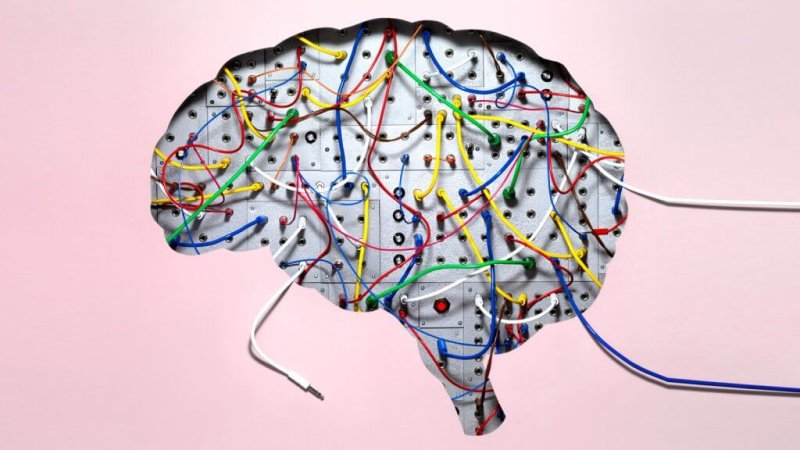How our brain, a three-pound mass of tissue encased within a bony skull, creates perceptions from sensations is a long-standing mystery. Abundant evidence and decades of sustained research suggest that the brain cannot simply be assembling sensory information, as though it were putting together a jigsaw puzzle, to perceive its surroundings. This is borne out by the fact that the brain can construct a scene based on the light entering our eyes, even when the incoming information is noisy and ambiguous.
Consequently, many neuroscientists are pivoting to a view of the brain as a “prediction machine.” Through predictive processing, the brain uses its prior knowledge of the world to make inferences or generate hypotheses about the causes of incoming sensory information. Those hypotheses — and not the sensory inputs themselves — give rise to perceptions in our mind’s eye. The more ambiguous the input, the greater the reliance on prior knowledge.
“The beauty of the predictive processing framework [is] that it has a really large — sometimes critics might say too large — capacity to explain a lot of different phenomena in many different systems,” said Floris de Lange, a neuroscientist at the Predictive Brain Lab of Radboud University in the Netherlands.































